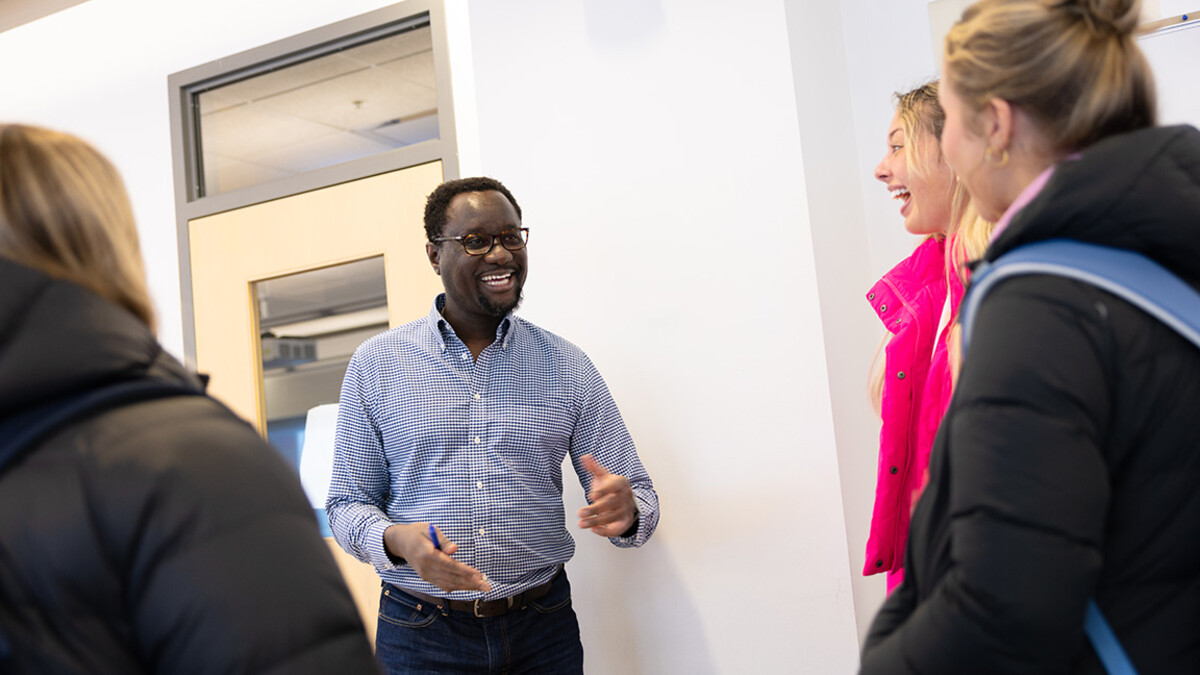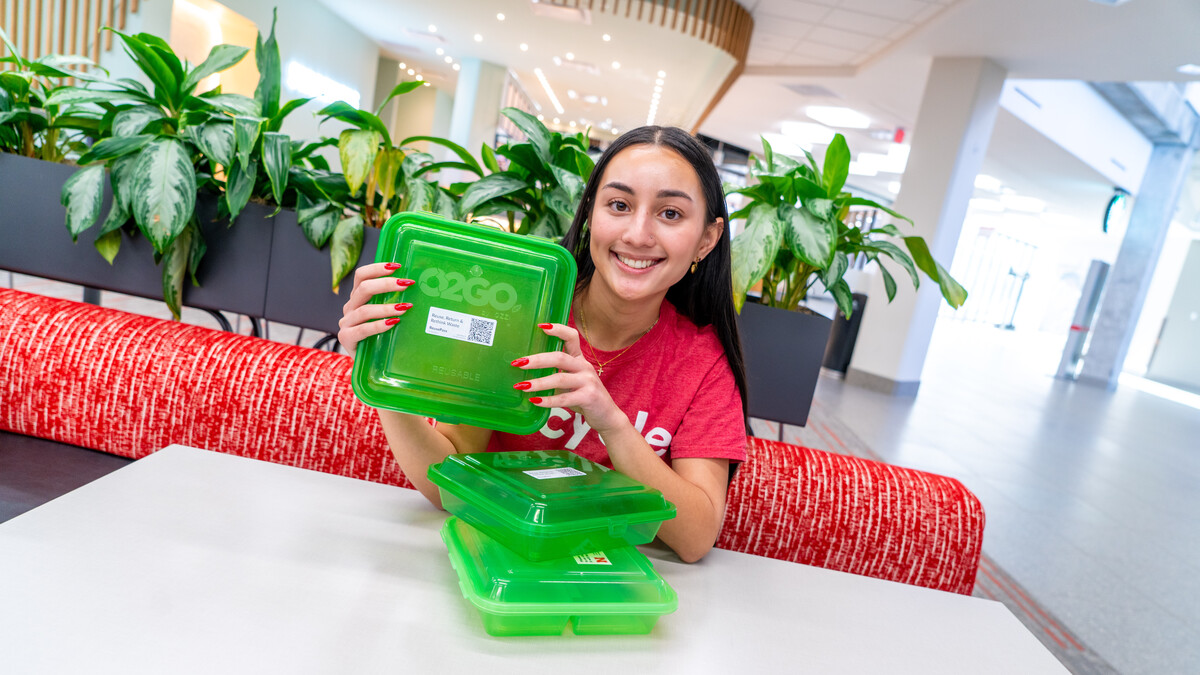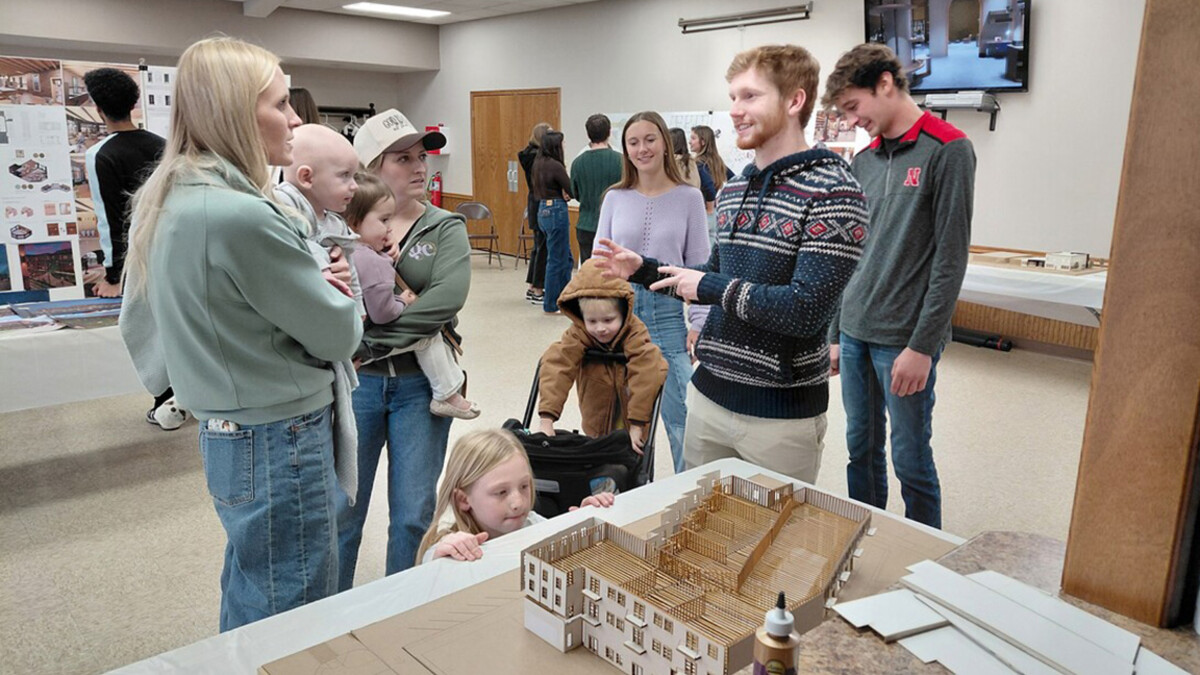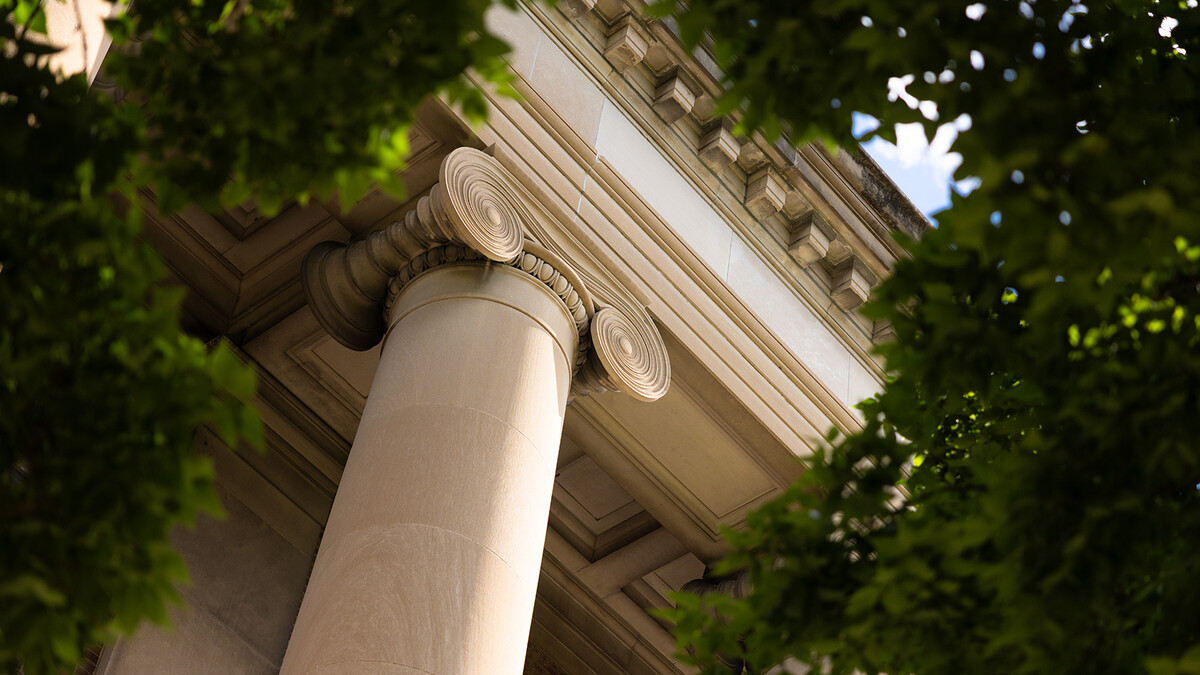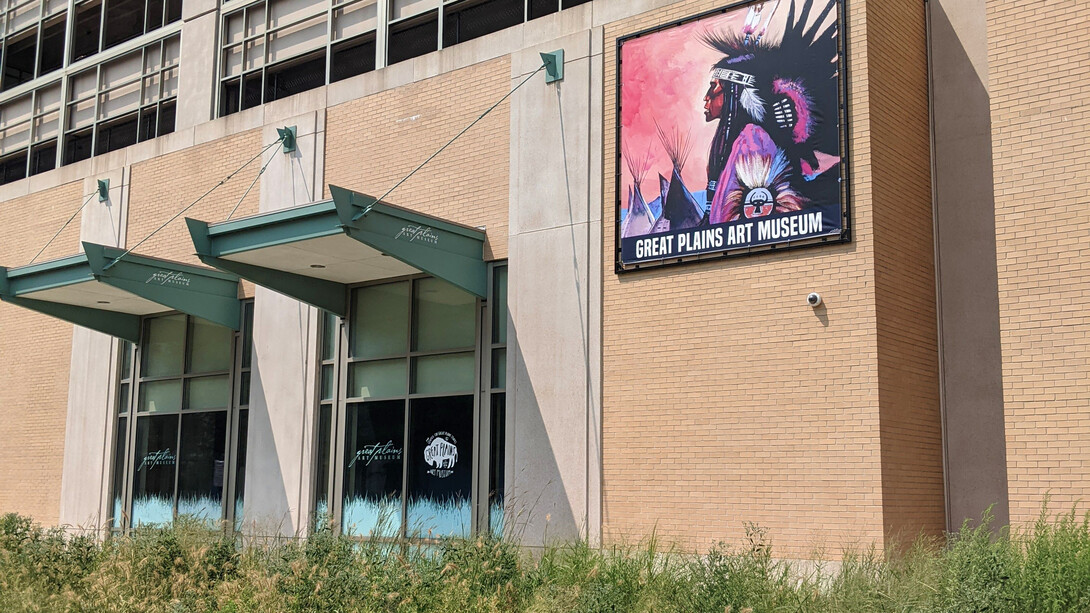
The University of Nebraska–Lincoln’s Center for Great Plains Studies, in partnership with the U.S. Holocaust Memorial Museum’s Morton Mandel Center, is presenting a panel discussion, “Resistance and Resilience: Reckoning with the Holocaust, Genocide Displacement and Exile Through Art,” from 5:30 to 7 p.m. May 2 at the center and via livestream.
The event is free and open to the public, but registration is required. To register, click here.
By weaving together scholarly discussions, artistic insights, and visual and literary depictions, the panel will examine the complex interplay between historical traumas, artistic representation and the ways some artists used their work to express an enduring spirit of resilience and resistance. The presenters will address the power of art as a lens through which to explore and understand the resilience of individuals and communities facing systemic violence and persecution. They will also highlight how art and literature provide an aesthetic language to navigate the fine line between commemoration, education and the ethical representations of trauma.
Speakers are:
- Elizabeth Otto, professor of modern and contemporary art history, University at Buffalo;
- Sarah Phillips Casteel, professor, Department of English Language and Literature, Carleton University;
- Angela Two Stars, multidisciplinary visual artist, public artist and curator and the Great Plains Art Museum’s 2024 Elizabeth Rubendall Artist in Residence; and
- Francisco Souto, director, School of Art, Art History and Design, University of Nebraska–Lincoln.
The event is endowed by Eleanor Katz and Harvey M. Meyerhoff, member and chairman emeritus, respectively, of the U.S. Holocaust Memorial Council. Their parents, Joseph and Rebecca Meyerhoff, of Baltimore, were active philanthropists in the United States and abroad, focusing on Jewish learning and scholarship, music, the arts, and humanitarian causes.
The U.S. Holocaust Memorial Museum’s Jack, Joseph and Morton Mandel Center’s mission is to ensure the long-term growth and vitality of Holocaust studies. To do that, it is essential to provide opportunities for new scholarship. The vitality and integrity of Holocaust studies require openness, independence and free inquiry so that new ideas are generated and tested through peer review and public debate. The opinions of scholars expressed before, during or after their activities with the Mandel Center do not represent and are not endorsed by the Mandel Center or the Museum.
The Center for Great Plains Studies and Great Plains Art Museum are located at 1155 Q St. in Lincoln.
